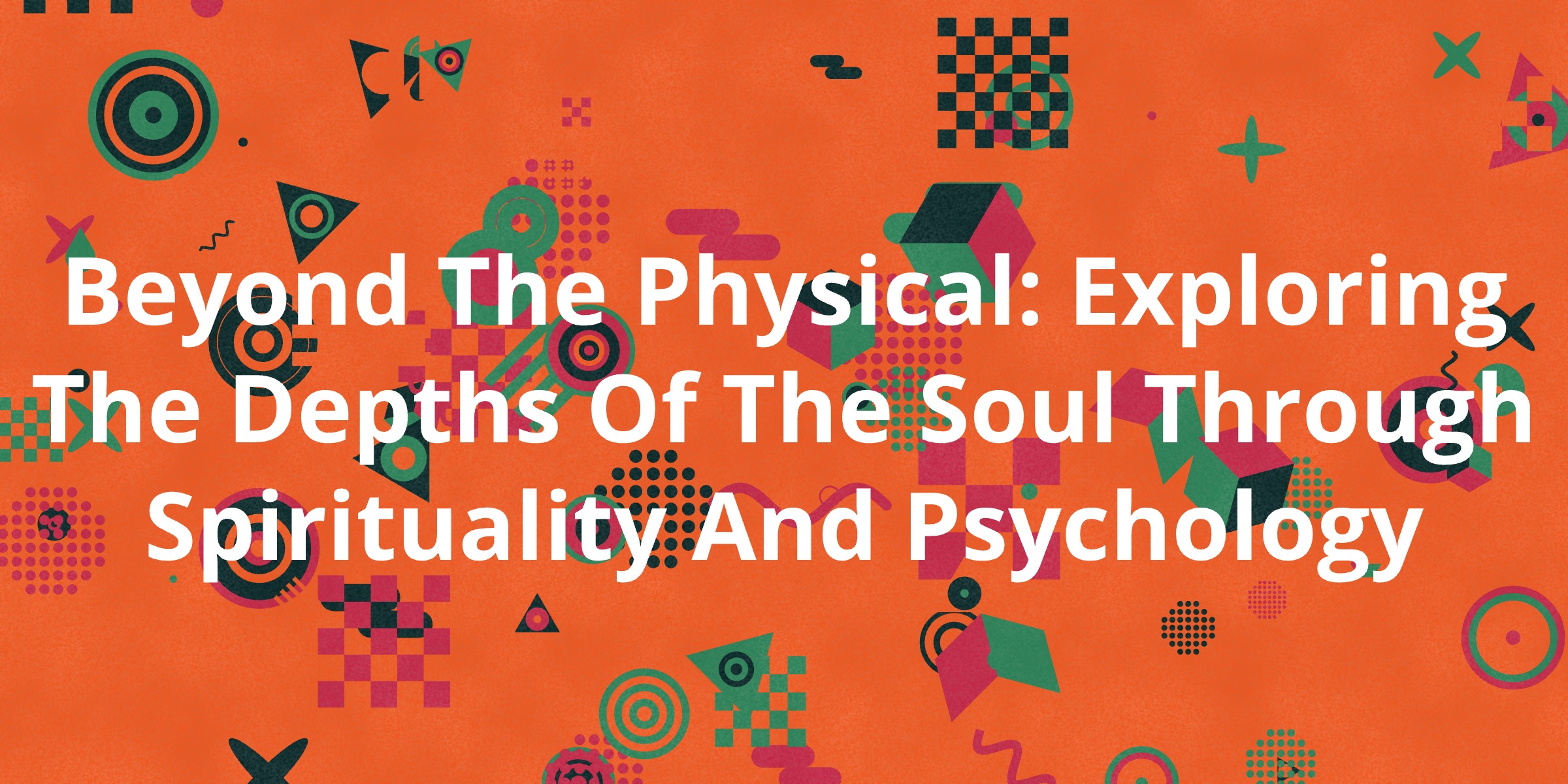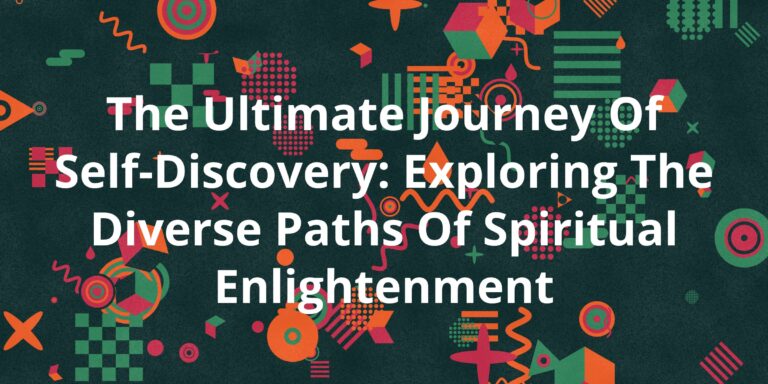The human experience is multifaceted, encompassing the physical, mental, emotional, and spiritual realms. While science has made significant strides in understanding the workings of the mind and body, there remains a realm beyond the physical that is often overlooked: the depths of the soul. This realm can be explored through spirituality and psychology, two disciplines that offer unique perspectives on the human experience.
Spirituality is the study of the human spirit and its relationship to the universe, God, or a higher power. It seeks to understand the nature of existence, the meaning of life, and the connection between the individual and the divine. Spiritual practices such as meditation, prayer, and yoga can help individuals connect with their inner selves and tap into a deeper sense of purpose and meaning.
Psychology, on the other hand, is the scientific study of the mind and behavior. It seeks to understand how the brain and nervous system function, how emotions and thoughts arise, and how individuals develop and maintain relationships. Psychological practices such as therapy and counseling can help individuals gain insight into their inner selves and work through emotional issues that may be hindering their spiritual growth.
Both spirituality and psychology offer valuable insights into the depths of the soul. By combining these two disciplines, we can gain a more holistic understanding of the human experience. For example, spiritual practices such as meditation and prayer can help individuals develop greater self-awareness, which is a key component of psychological therapy. Similarly, psychological research has shown that mindfulness techniques, such as those used in meditation, can have positive effects on mental health and well-being.
One area where spirituality and psychology intersect is the study of consciousness. Consciousness refers to the state of being aware of one’s surroundings, thoughts, and emotions. Both spirituality and psychology offer unique perspectives on consciousness. From a spiritual perspective, consciousness is often seen as a reflection of the divine or a connection to the infinite. From a psychological perspective, consciousness is seen as a product of brain activity and can be studied through neuroscience.
Another area where spirituality and psychology intersect is the study of the human condition. The human condition refers to the existential questions that arise when we contemplate our place in the world, such as “Why am I here?” and “What is the meaning of life?” Both spirituality and psychology offer insights into these questions. From a spiritual perspective, the human condition is often seen as a call to seek a deeper connection with the divine or to live a more meaningful life. From a psychological perspective, the human condition is seen as a natural part of the human experience and can be addressed through therapy and self-reflection.
In conclusion, exploring the depths of the soul through spirituality and psychology offers a rich and multifaceted understanding of the human experience. By combining these two disciplines, we can gain a more holistic and comprehensive understanding of the human condition. Whether you are seeking to deepen your spiritual practice or work through emotional issues, both spirituality and psychology offer valuable insights and tools for growth and self-discovery.



